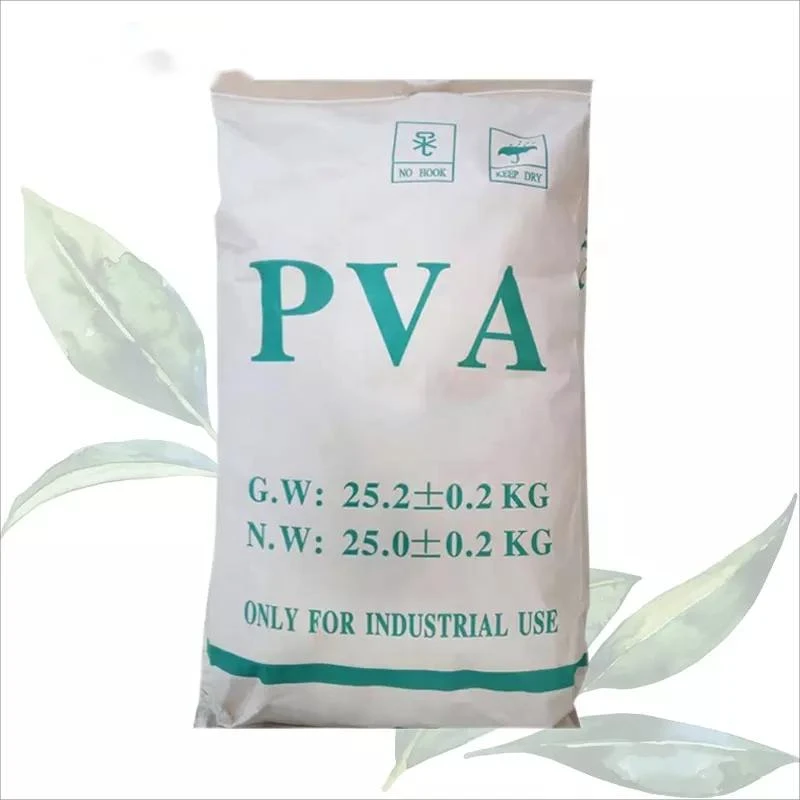Understanding Hydroxyethyl Cellulose (HEC)
Hydroxyethyl cellulose (HEC) is a versatile water-soluble polymer derived from cellulose, a natural polymer found in plant cell walls. It falls within the broader category of hydroxyalkyl celluloses and has gained significant attention in various industries due to its unique properties and applications. This article delves into the composition, properties, and diverse uses of HEC, showcasing its importance in modern science and industry.
Composition and Properties
HEC is synthesized by the reaction of cellulose with ethylene oxide, resulting in a product that retains the fundamental backbone of cellulose but enhanced with hydroxyethyl groups. This modification significantly influences its solubility, viscosity, and thermal stability. The degree of substitution, or the number of hydroxyethyl groups attached to the cellulose molecule, can be tailored during synthesis, allowing for a range of HEC grades that vary in viscosity and molecular weight.
One of the most notable properties of HEC is its ability to dissolve in cold water, forming a clear, viscous solution. This property makes it particularly valuable in applications where heat-sensitive ingredients are involved. HEC is also non-ionic, which means it does not interact with ionic components in formulations, making it a stable option for various products.
HEC exhibits excellent thickening, suspending, and film-forming abilities. Its viscosity can be adjusted based on concentration and molecular weight, making it suitable for different applications, from low-viscosity solutions to highly viscous gels.
Applications of Hydroxyethyl Cellulose
hydroxyethyl cellulose hec

1. Cosmetics and Personal Care Products HEC is widely used in formulations such as lotions, creams, shampoos, and other personal care items. Its thickening properties improve the texture and stability of these products, ensuring a pleasant application experience. Additionally, HEC acts as a film-former and water-retaining agent, providing moisturizing benefits to the skin and hair.
2. Pharmaceuticals In the pharmaceutical industry, HEC is employed as a binder, thickener, and film-coating agent for tablets and capsules. Its compatibility with various active pharmaceutical ingredients enhances the stability and bioavailability of medications. HEC's ability to form gels also makes it useful in topical formulations, providing a sustained release of active ingredients.
3. Building and Construction HEC serves as an effective thickening agent in various construction materials, such as cement, adhesives, and paints. It improves the workability of these materials, enhances adhesion, and reduces water loss during the curing process. This results in stronger, more durable structures.
4. Food Industry In recent years, HEC has found applications in the food industry, particularly as a thickening agent and stabilizer in sauces, dressings, and dairy products. Its ability to retain moisture enhances the sensory qualities of food products.
5. Oil and Gas HEC is employed in the oil and gas industry in drilling fluids and hydraulic fracturing applications. It helps maintain viscosity and stability under high temperatures and pressures, playing a crucial role in the efficient extraction of resources.
Conclusion
Hydroxyethyl cellulose is a multifunctional polymer that plays an essential role in various industries. Its unique properties, including solubility, viscosity, and compatibility with numerous formulations, make it a valuable ingredient in cosmetics, pharmaceuticals, construction, food, and more. As industries continue to innovate and evolve, the demand for versatile and effective materials like HEC is expected to grow, ensuring its place as a significant component in modern formulations. Understanding and leveraging the properties of hydroxyethyl cellulose can lead to enhanced product performance and consumer satisfaction across various applications.






